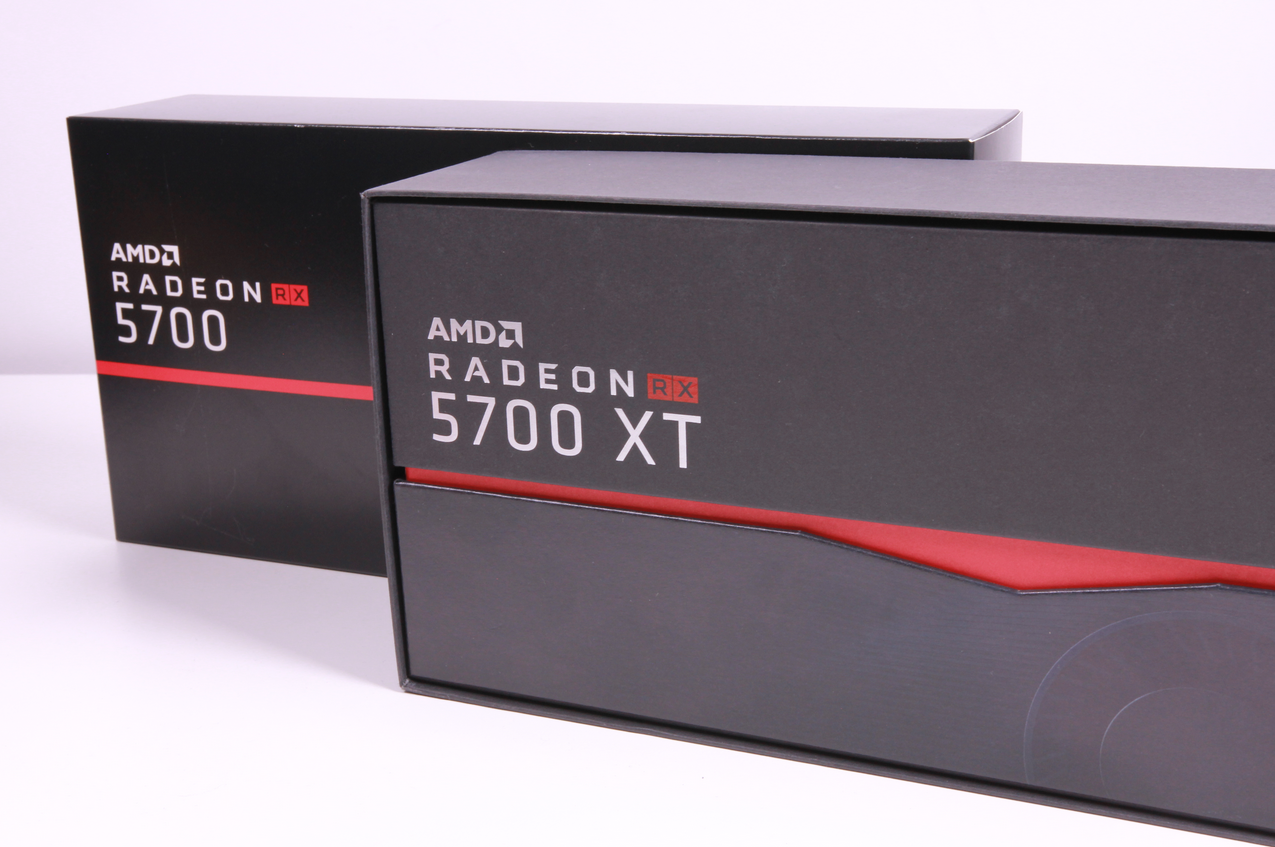AMD Radeon RX 5700 and Radeon RX 5700XT - The Soulmate of Ryzen 3000
The AMD Radeon RX 5700 and RX 5700XT series have been around for a while now, but we didn’t had the opportunity to play with them yet. Now since the RX 5000 series has matured enough we think it is time to take a good look of what the RX5000 series has to offer and if it is actually a good competitor for the NVIDIA graphics cards.
The new Radeon graphics cards change the rules of the game and offer a new architecture, RDNA and a 7nm manufacturing process, as with the third generation Ryzen processors. Along with stronger specifications and new features such as GDDR6 memory, AMD's new series of gaming cards comes with a more generous software package and technologies that improve in-game performance.
This is Radeon Image Sharpening (RIS) that delivers the clarity of distorted images of in-game visual effects, Radeon Anti-Lag which aims to improve performance in eSports titles and support for resolutions and refresh rates higher than before, with support even for 4K resolution at 144Hz via DisplayPort 1.4.
The Radeon RX 5700 is in direct competition with the NVIDIA GeForce RTX 2060, but with specifications similar to the Super variant of the same NVIDIA board. So we have 7nm NAVI architecture, rated at 1465Mhz with two boost modes, one playing at 1625Mhz and one Boost rising to 1725Mhz. Along with 8GB of GDDR6 memory on a 256-bit bus, the specifications sound great, until we get to the 185W TDP.
The same is true for the RX5700XT model, which comes with the same amount of memory on the same bus, but with increased frequencies, so the base clock starts at 1605Mhz and climbs to 1755Mhz and 1905Mhz respectively. But this is also in consumption, with the Radeon RX 5700XT needing a 225W TDP, both boards requiring two additional power supplies, one 6-pin and one 8-pin. But it is a drop from the Vega series and I hope to feel it in the temperature department, but we can only talk about it when we have aftermarket models on the market.
Here are the complete specs of the two graphic cards in question:
AMD RADEON RX 5700 and Radeon RX 5700XT - Performance
Now that we have a good grip about the technical details, let’s have a look at the actual performance of these two cards.
If up to this point, AMD graphics cards have disappointed us and gave us the impression that we are seeing Vega 56 and Vega 64 again, after comparing the two cards with the NVIDIA GeForce RTX 2060 Super, we changed our minds.
To test the cards we used a new test platform that includes an AMD Ryzen 9 3900X processor, 16GB RAM at 3600Mhz dual-channel, and a 2TB NVMe SSD, all sitting very confortably on a ASUS Crosshair VIII Hero Wi-Fi. The settings used were, Ultra, on the three main resolutions (1080p, 1440p and 4K), but this time testing the NVIDIA board with Ray Tracing disabled to correctly compare the three boards. So here are the results:
Exactly as we ere expecting the Radeon RX 5700 and RX 5700XT wash away the sins of the design and consumption department with performances that go beyond what we were initially promised. We knew that the RX 5700 would be the market rival for the RTX 2060, but no one prepared us for a substantially cheaper board that offers similar performance, in some cases even better, and the older sister, the RX 5700XT, is in a good position as well, with results closer to the NVIDIA RTX 2070, but at almost the same price as RTX 2060 Super.
Conclusions
AMD have outdone themselves with this release which for us will remain a landmark and they have once again managed to deliver a flawless product when it comes the quality/price ratio. This is the Radeon RX 5700XT, which is only $50 more expensive than the RX 5700 model, but offers significantly more power than it and is below the RTX 2060 Super as a price tag, which it overcomes in gaming tests.
Looks like the combination of the year in terms of gaming components are Ryzen 7 3600X and Radeon RX 5700XT. Both products offer amazing performance and a better value for money than ever before. We feel very good that we have started testing them, and we are looking forward to seeing what impact these cards will continue to have on the PC component market.
As an amazon associate we earn a comission from qualified purchases. Please read our affiliate links policy for more details.









